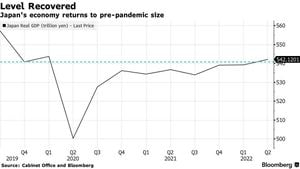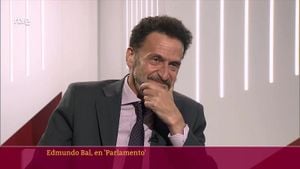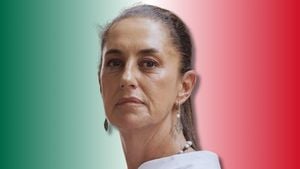Sophie van Leeuwen, the Africa correspondent for RTL Nieuws, was arrested near Freetown, Sierra Leone, and has since been released following serious concerns about her treatment and the nature of her detention. Van Leeuwen was apprehended at a police checkpoint where she was reportedly suspected of unlawful gathering of footage. According to RTL Nieuws, the arrest took place during her work-related travels, as she was covering the troubling case of Dutch drug lord Jos Leijdekkers.
Reports indicate Van Leeuwen was held for questioning after police searched her belongings. RTL's editor-in-chief, Ilse Openneer, confirmed the journalist's detention and expressed concern over her well-being. "We have spoken with Sophie, and she is doing well," Openneer stated. The news of Van Leeuwen’s arrest raised alarm within both Dutch and Sierra Leonean media circles, as it is uncommon for journalists to be detained, especially for their professional activities.
While local authorities have communicated suspicions of Van Leeuwen being involved with espionage, they also recognized her possession of necessary credentials for her journalistic work. "She was accredited and had permission from local authorities to report on the story related to Jos L.," Openneer clarified, reinforcing RTL’s stance on her operational legitimacy within Sierra Leone.
Jos Leijdekkers, known colloquially as 'Bolle Jos,' is wanted for various crimes, including orchestrated drug trafficking, violent robberies, and even orchestrations for murder. He is currently on the radar of Dutch authorities after being sighted cerca Freetown, where corruption and local governance issues complicate efforts to bring him to justice. Recently, the Sierra Leonean Ministry of Information criticized the Netherlands for delaying information pertaining to Leijdekkers’ whereabouts, stating they received substantial documentation only recently.
A spokesperson for the Dutch Ministry of Foreign Affairs confirmed awareness of Van Leeuwen's situation and stated they were providing assistance. Amid persisting tensions surrounding the handling of Leijdekkers, local officials expressed skepticism about the effectiveness of Dutch law enforcement actions. "A real manhunt hasn’t yet begun here," Van Leeuwen remarked, hinting at the local populace's doubtful outlook toward apprehending the fugitive criminal.
Reactions from political figures echoed concerns about press freedom and the treatment of foreign journalists. Opposition leader Mohamed K Mansaray stated, "The president and his government are merciless when it involves protecting Jos Leijdekkers," urging for transparency and adherence to legal practices to safeguard the freedoms of reporting individuals.
Following Van Leeuwen's release, local journalists and activists have voiced apprehensions, potentially linking her arrest to broader issues involving political tension between Sierra Leone and the Netherlands, particularly surrounding corruption and crime. Ahmed Sahid Nasralla, chairperson of the Sierra Leone Association of Journalists (SLAJ), remarked on the rarity of such arrests, commenting on the potential repercussions for journalistic integrity if these trends are not checked.
RTL Nieuws aims to investigate the circumstances surrounding Van Leeuwen’s detainment rigorously. They, alongside numerous international journalism watchdogs, will be closely monitoring the situation to promote accountability and maintain where necessary the rights of their reporters abroad. The larger discourse around press freedom becomes more potent as incidents like these arise, especially when indigenous challenges of corruption and governance intersect with international forces.
Although the situation did result favorably for Van Leeuwen with her release, the underlying issues including her inability to leave the nation pending full inquiry raise serious concerns about the current standing for journalistic freedoms and the operational space foreign journalists have within Sierra Leone. The story continues to evolve as more facts are revealed, and it remains imperative to question the balance between national security and the rights of journalists to operate freely.



